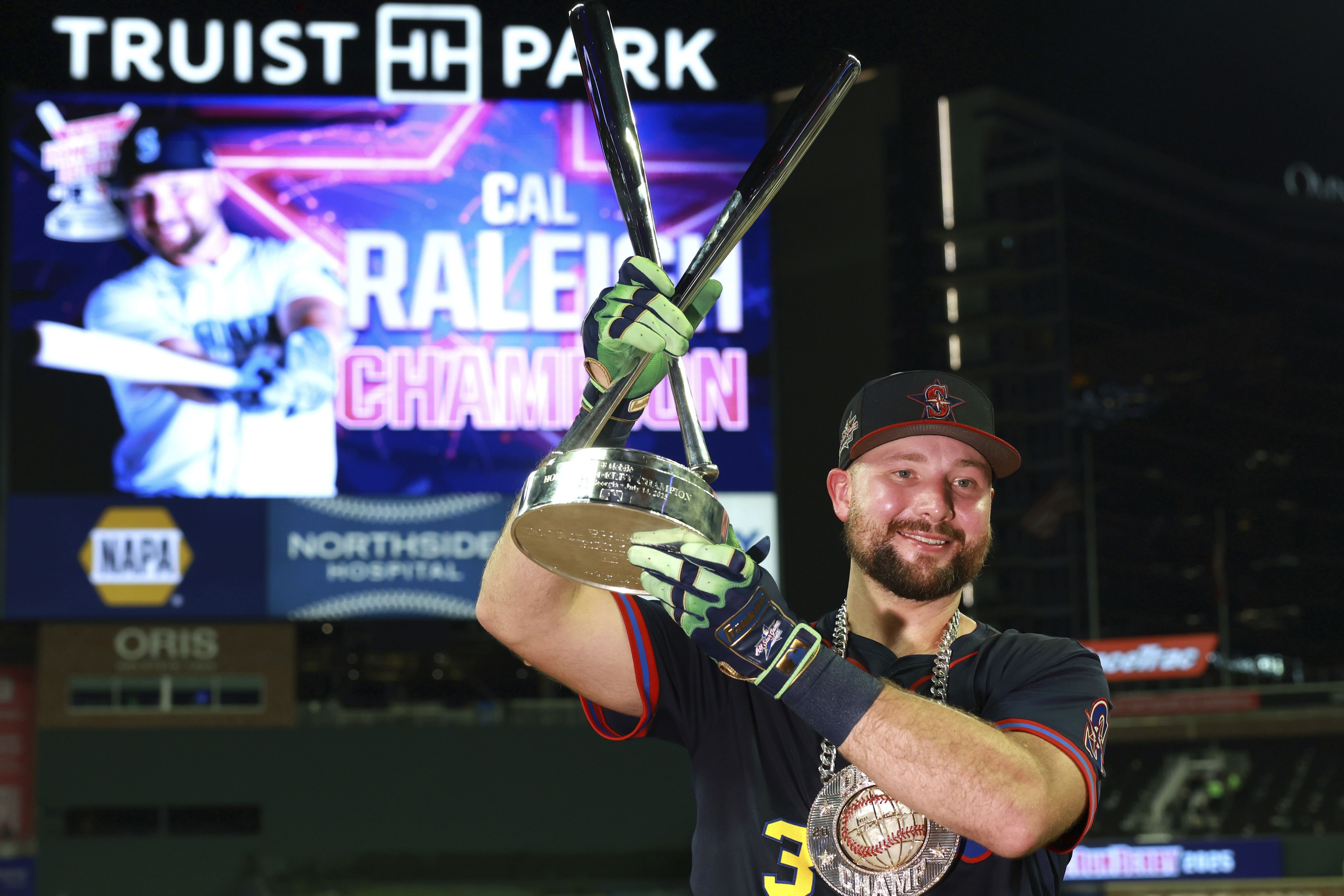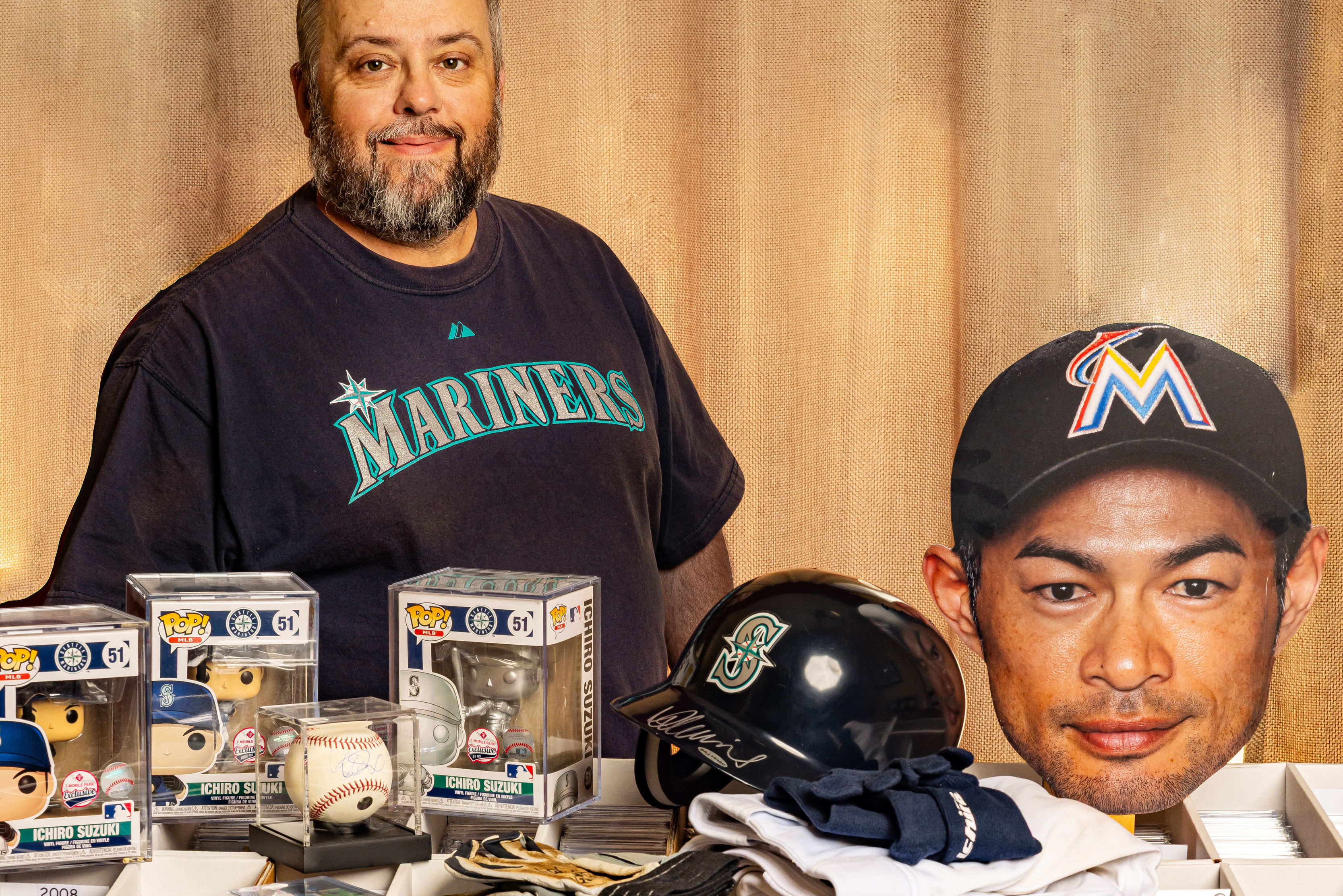Murray Debuts First Election Ad
Mayoral candidate and state Sen. Ed Murray (D-43, Capitol Hill) debuted his first cable TV (and internet pop-up) ad today. His campaign says it's a $100,000 buy, and the spot will be up on TV now through Election Day, November 5.
The ad seems pretty generic, but given that it's aimed at the November general electorate, it successfully ticks off some important and subtle messages for the Murray campaign.
In response to the question, "Who Supports Ed Murray?," a bunch of Murray fans, including former Gov. Chris Gregoire, say "I do" or "We do."
The fact that Gregoire (who has high favorables in Seattle) is probably the only instantly recognizable face in the parade of supporters doesn't matter. The diverse cast delivers a visual message. Gregoire is followed by: African American former King County Executive Ron Sims; four Seattle city council members (including two women plus minority council member Bruce Harrell ); a crew of firefighters (the union has endorsed Murray); former OneAmerica executive director Pramila Jayapal; a couple of cops (both minorities, and one woman); some white granola types; and an older white woman. The message? Murray has a broad, groovy coalition.
The "I do" line segues into a nod to Murray's big accomplishment as a state senator when he passed marriage equality last year. The signal to the general voter: Murray is progressive.
While the potency of gay marriage may be fading, the issue still makes Seattle voters feel good about themselves (and by association, Murray). It also tells voters that Murray was a success in Olympia.
Honestly, the ad does nothing for me. Marriage equality isn't a city issue, and it seems like a done deal. Starbucks, Microsoft, and even Seattle political bogeyman state Sen. Rodney Tom (D-48, Medina) are for gay marriage.
But what do I know? I scoffed at Murray's primary ad, which also hit the gay marriage theme hard, and Murray won the primary—beating a pack of solid contenders and the incumbent mayor.
There's no mention of McGinn, nor any reference to the federal consent decree over the Seattle Police Department, the backlog of transportation projects that are underfunded, nor downtown crime— issues that Murray typically hauls out on the campaign trail. This is a straight-up feel-good ad that introduces the general public to Murray.
McGinn has had his own ad up for a week—a $40,000 cable buy that will run through at least October 20, his campaign says. In comparison to the Murray ad—and perhaps, in terms of messaging, to Murray's advantage—McGinn is alone in the ad, giving no sense of his coalition.
McGinn takes a swipe at Olympia's budget (a dig at former senate budget chair Murray) comparing it to Seattle's record of "never let[ting] our values slide"—holding social services harmless during the recession.
Against the now-familiar black backdrop that's been in several McGinn ads, he cites some city successes—doubling the families and education levy and passing paid sick leave, which are (particularly paid sick leave), the responsibility of the city council. McGinn also notes that the city has begun "divesting from coal" (a reference to his initiative to divest the city from fossil fuel funds)
He then rephrases these achievements as broad themes—climate change, income equality, and education—and delivers the dramatic line: "When our grandchildren ask us what we did ... I want to say to them, 'we did everything possible.'"
McGinn also began rolling out ads on the Seattle Times website today—not a video, but an extensive campaign flyer that outlines McGinn's accomplishments, including: Doubling the families and education levy, building up the rainy day fund, and protecting the social services budget during the recession. It also lays out some goals for a second administration, including: reducing crime, funding parks, and expanding mass transit.
The ad, which cost between $5,000 and $10,000, his campaign says, will run through the end of the election.




